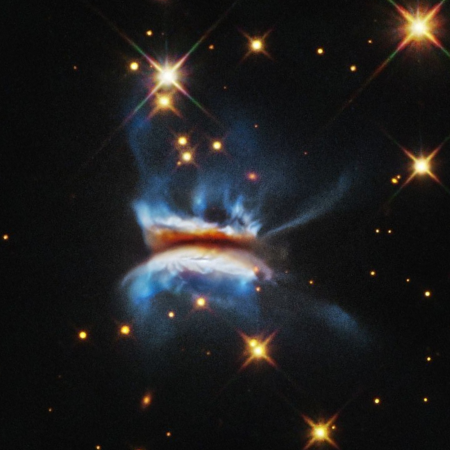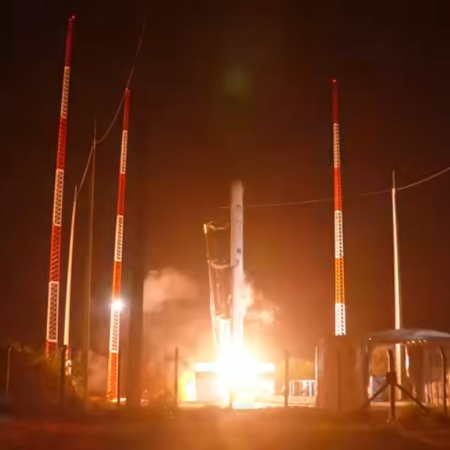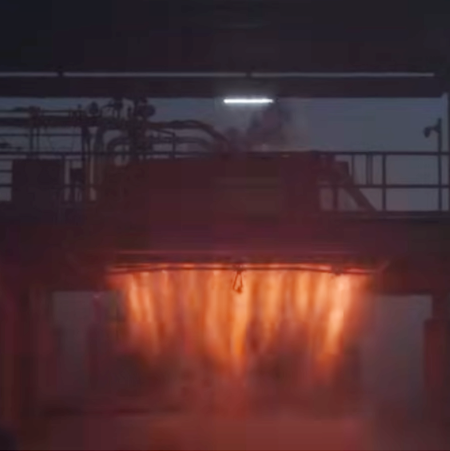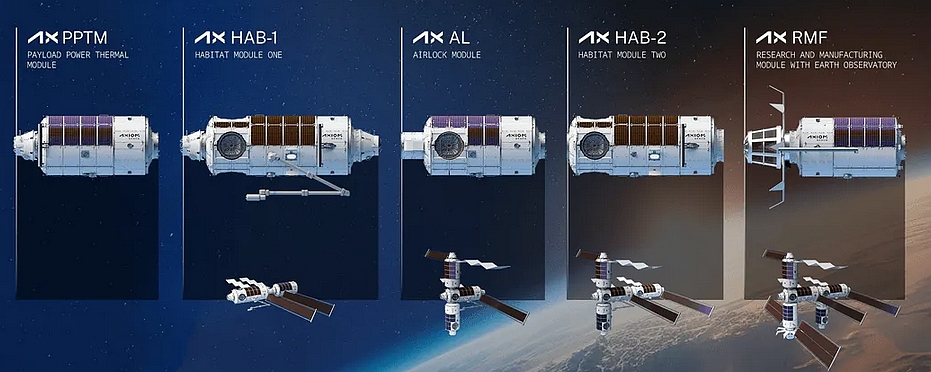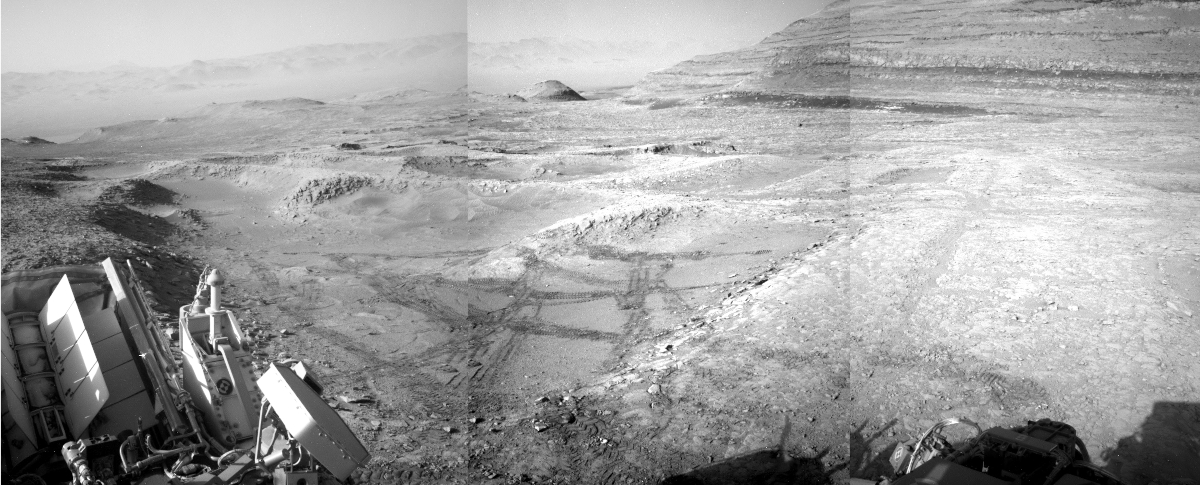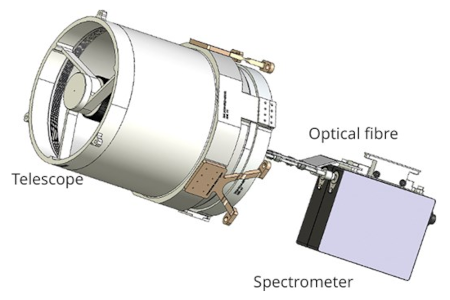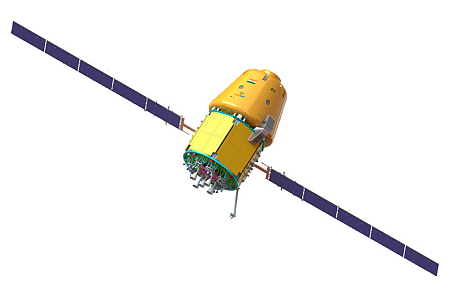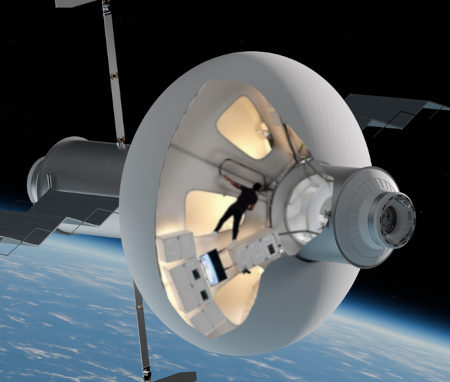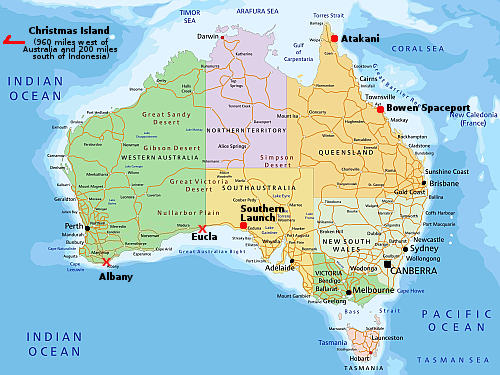Recovering Maven appears increasingly dim
According to a NASA update late yesterday, engineers have still not been able to recover the Maven Mars orbiter since all communications ceased suddenly on December 6, and are now facing a month-long period when the Sun will block all communications with Mars entirely.
The MAVEN team also continues to analyze tracking data fragments recovered from a Dec. 6 radio science campaign. This information is being used to create a timeline of possible events and identify likely root cause of the issue. As part of that effort, on Dec. 16 and 20, NASA’s Curiosity team used the rover’s Mastcam instrument in an attempt to image MAVEN’s reference orbit, but MAVEN was not detected. Additional analysis will continue, but planned monitoring will be affected by the upcoming solar conjunction.
Mars solar conjunction – a period when Mars and Earth are on opposite sides of the Sun – begins Monday, Dec. 29, and NASA will not have contact with any Mars missions until Friday, Jan. 16. Once the solar conjunction window is over, NASA plans to resume its efforts to reestablish communications with MAVEN.
That December 6th tracking data had suggested the spacecraft was tumbling. Though NASA management has not yet given up hope, the longer the spacecraft remains out of touch and in an uncontrolled state, the less chance there will be for it to survive. Batteries will drain, equipment will freeze, and the spacecraft will die. Right now, that appears to be its fate.
According to a NASA update late yesterday, engineers have still not been able to recover the Maven Mars orbiter since all communications ceased suddenly on December 6, and are now facing a month-long period when the Sun will block all communications with Mars entirely.
The MAVEN team also continues to analyze tracking data fragments recovered from a Dec. 6 radio science campaign. This information is being used to create a timeline of possible events and identify likely root cause of the issue. As part of that effort, on Dec. 16 and 20, NASA’s Curiosity team used the rover’s Mastcam instrument in an attempt to image MAVEN’s reference orbit, but MAVEN was not detected. Additional analysis will continue, but planned monitoring will be affected by the upcoming solar conjunction.
Mars solar conjunction – a period when Mars and Earth are on opposite sides of the Sun – begins Monday, Dec. 29, and NASA will not have contact with any Mars missions until Friday, Jan. 16. Once the solar conjunction window is over, NASA plans to resume its efforts to reestablish communications with MAVEN.
That December 6th tracking data had suggested the spacecraft was tumbling. Though NASA management has not yet given up hope, the longer the spacecraft remains out of touch and in an uncontrolled state, the less chance there will be for it to survive. Batteries will drain, equipment will freeze, and the spacecraft will die. Right now, that appears to be its fate.

